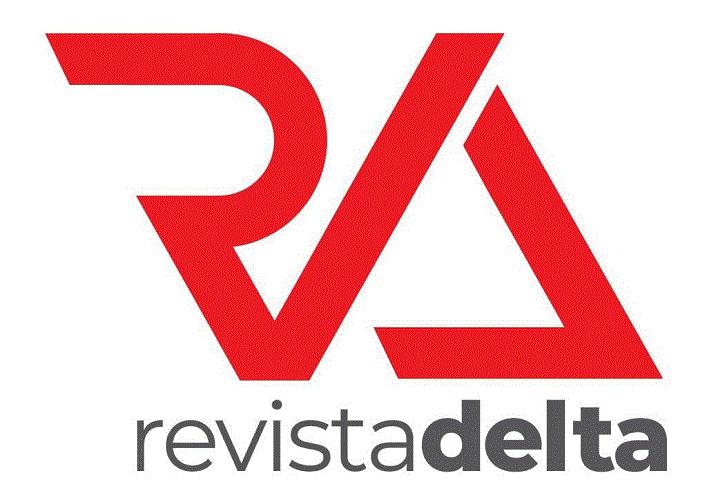Resumo em Português:
RESUMO Analisando dados de um projeto desenvolvido durante da pandemia da Covid-19, este artigo é motivado pela transformação viável que a história (Freire, 1996) de um aluno com necessidades educacionais intelectuais específicas (NEIE) e a compreensão de educadoras que trabalham com ele têm dessa história possibilitam em direção a uma visão prospectiva de ensino-aprendizagem, que se concentre mais nas possibilidades do que nas determinações - que enfatizariam uma visão linear, bancária de ensino-aprendizagem (Freire, 1970) e desenvolvimento. O trabalho baseia-se em múltiplos fundamentos teóricos, i.e., discussões sobre necessidades educacionais intelectuais específicas (Fidalgo & Carvalho, 2020; Carvalho et al., no prelo; Fidalgo & Magalhães, 2017), abordagem metodológica da pesquisa crítica de colaboração (Magalhães, 2011, 2018; Magalhães & Fidalgo, 2019), multiletramentos (Magalhães & Carrijo, 2018), agência transformadora (Ninin & Magalhães, 2017) - todos organizados com base na Teoria Histórico-Cultural (Vygotsky, 1924-1934/1993).
Resumo em Inglês:
ABSTRACT Analyzing data from a project carried out during the Covid-19 pandemics, this paper is motivated by the viable transformation that the history of a student with specific intellectual educational needs (SIEN) - and the understanding that the educators working with him have of this history - allow for a prospective view of teaching-learning, that focuses on possibilities rather than the determinations, which would be the emphasis of a more linear, banking view of teaching-learning (Freire, 1970) and development. It is based on multiple theoretical backgrounds, i.e., discussions about specific intellectual educational needs (Fidalgo & Carvalho, 2020; Carvalho et al., in print; Fidalgo & Magalhães, 2017), critical-collaborative research methodology (Magalhães, 2011, 2018; Magalhães & Fidalgo, 2019), multiliteracies (Magalhães & Carrijo, 2019), transformative agency (Ninin & Magalhães, 2017) - all of which are organized within the Cultural-Historical Theory (Vygotsky, 1924-1934/1993).
